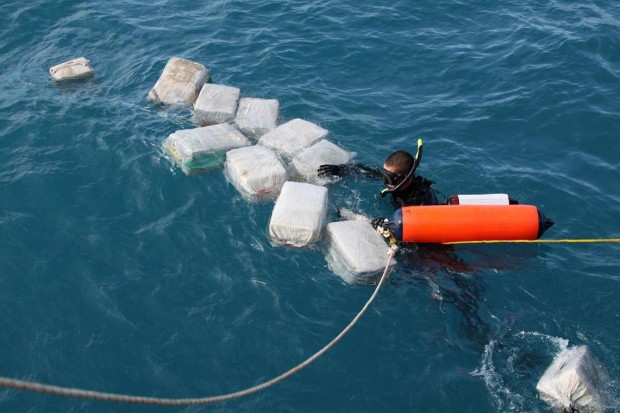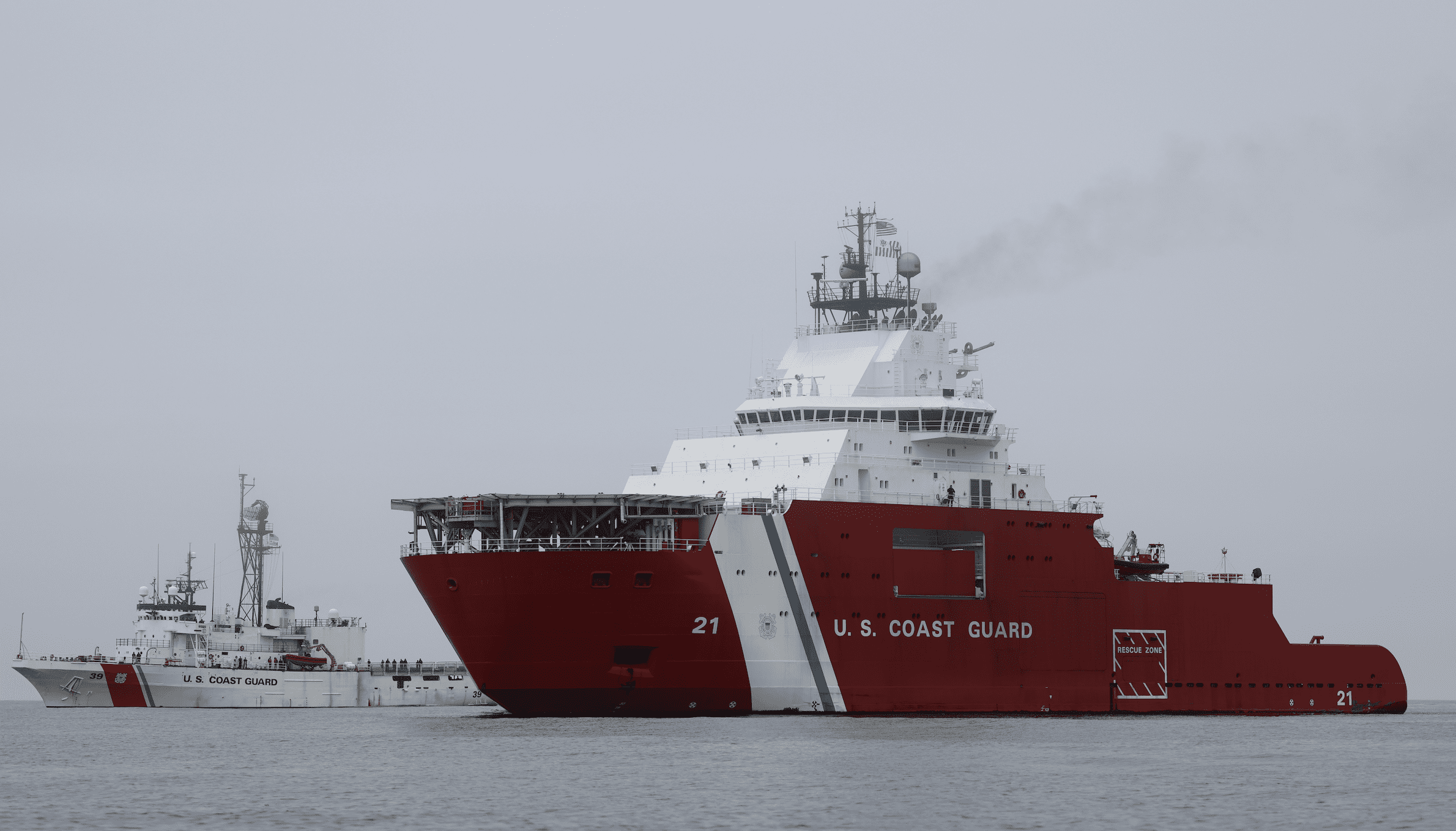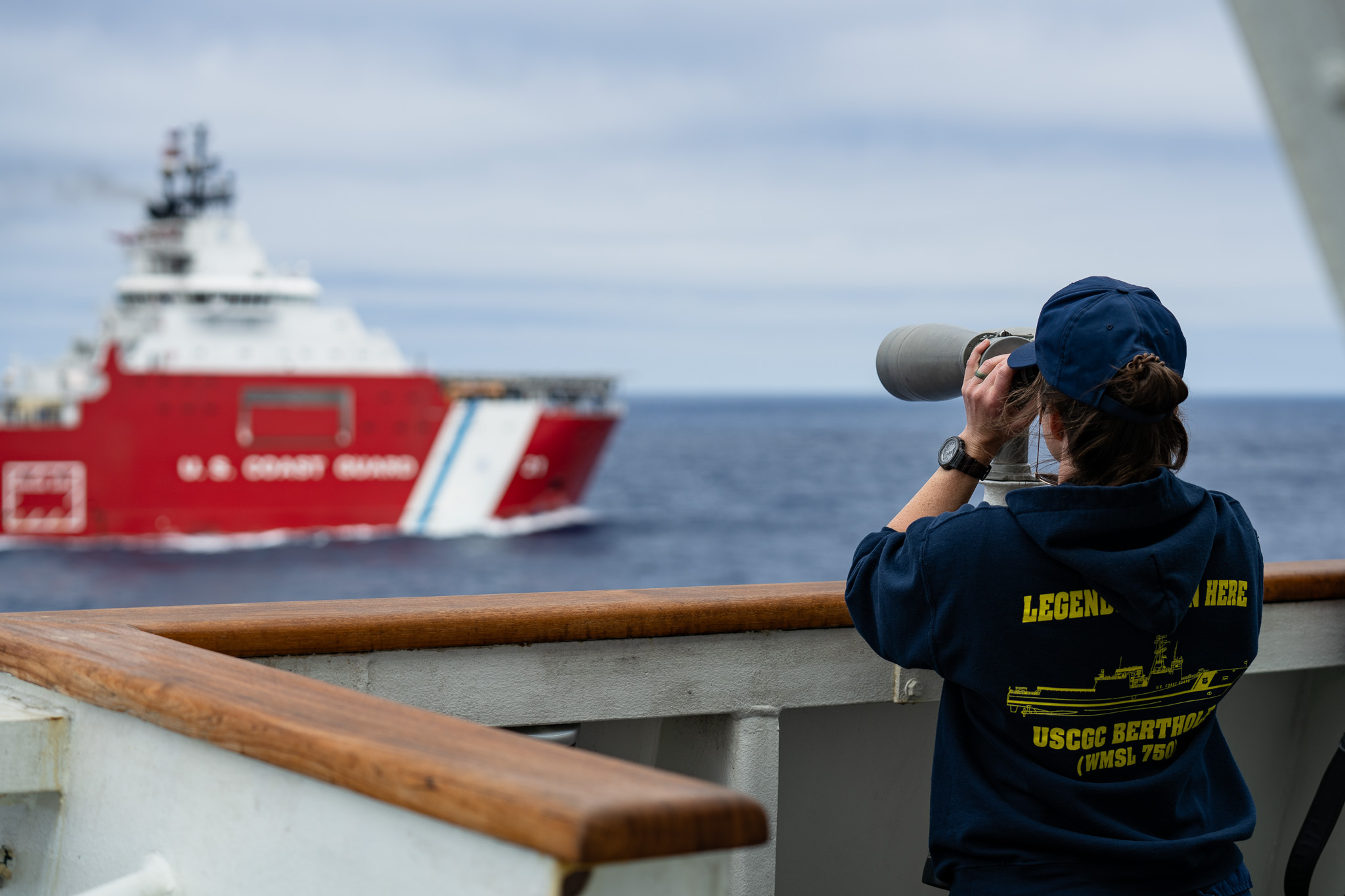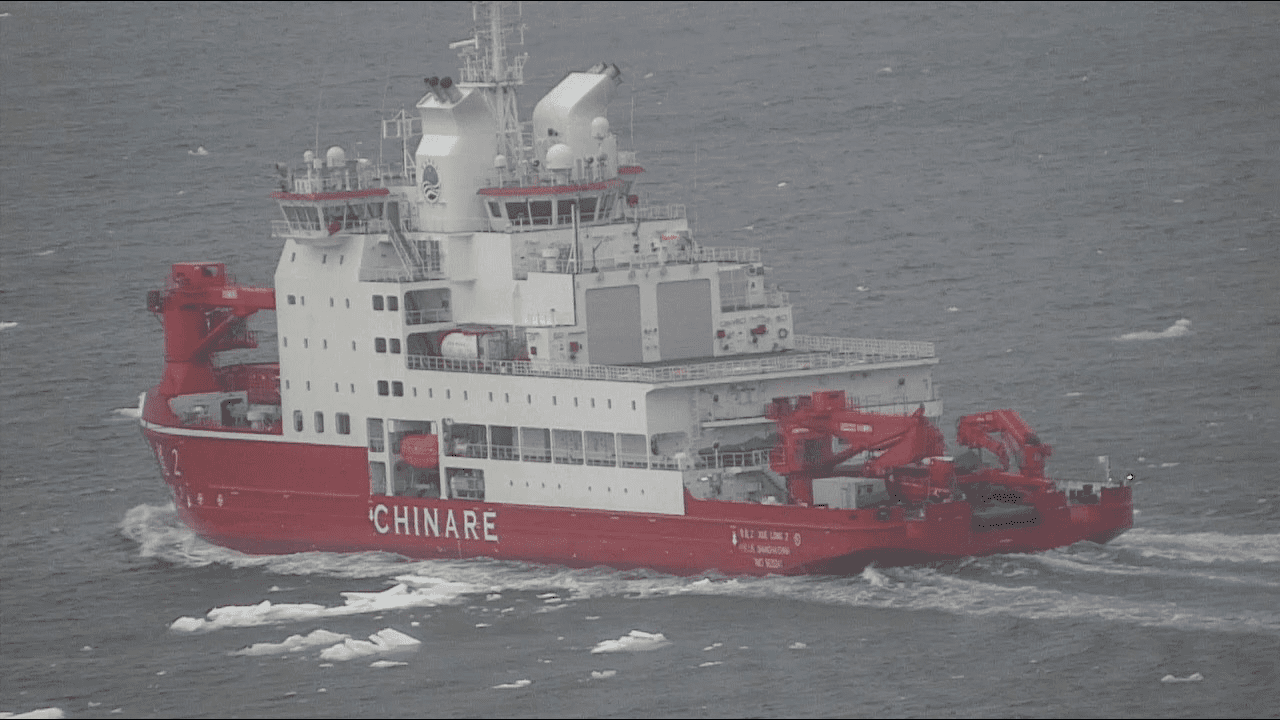
(Dow Jones) U.S. Coast Guard crews stationed near an upstate smuggling hotspot aren’t adequately prepared to chase speedy, rogue boats they regularly encounter, according to a memo obtained by The Associated Press.
Rear Adm. Michael Parks wrote that assessment regarding a stretch of the St. Lawrence River that includes a Mohawk Indian reservation after investigating a crash between a darkened boat and a Coast Guard vessel that left two St. Regis Mohawk men injured during a smuggling crackdown last year. He said he found boat chases are common near the Akwesasne reservation in northern New York and crews operating in the region need better pursuit training.
He also said there should be more cooperation and better communication among U.S. and Canadian agencies and the Mohawk tribe to patrol the hundreds of miles of waterway along the Canadian border.
According to Parks, five patrol boats from the U.S. Border Patrol, Royal Canadian Mounted Police and Coast Guard on the lookout for smugglers and terrorists used flashing blue lights in trying to stop the private boat, traveling at 40 to 50 knots without navigation lights, late that night in April 2010.
The private boat “made evasive maneuvers,” leaving the main channel for Canadian waters, turned 180 degrees and crossed back, approaching a marina on the U.S. side, said the memo, given to the AP this week. The boat then turned 180 degrees again, heading toward the Coast Guard’s boat, which was traveling at about 10 knots and had turned to try to go parallel to the other vessel, it said. The private boat hit the side of the patrol boat, going up and across its bow and throwing the passenger and the driver into the water. No contraband was found.
Parks wrote that “non-compliant vessel pursuit is occurring regularly during Coast Guard operations at Massena,” a town on the St. Lawrence River near Akwesasne where Coast Guard personnel are stationed. He wrote that Station Alexandria Bay, which conducts boat operations in the Massena region, “does not currently have the staffing, training and supervision for the mission the crewmembers are being tasked with executing.”
Crews assigned to the Massena area can expect high-speed, close-quarters maneuvering with those vessels, Parks wrote in the November memo closing his investigation. They should meet competency requirements for pursuit forces, a change in classification requiring specific training; document past and ongoing incidents; develop an agreement with St. Regis Mohawk Tribal Council leaders to foster regular interaction; recognize the need for tribal involvement “and enhance partnerships with tribal leaders to accomplish all Coast Guard missions occurring in tribal waters,” he wrote.
The Coast Guard has a 12-person marine safety detachment in Massena that inspects inbound cargo ships. The nearest patrol boats, four of them plus a shallow-water and ice rescue boat, are stationed 70 miles away at Alexandria Bay.
The Akwesasne reservation extends from northern New York across the river and into Canada with a dozen miles of waterfront. After the April 2010 boat crash, some Mohawks posted a video warning federal agents to stay off sovereign Indian lands and noting the two men were seriously injured.
Capt. Robert Burchell, then in charge of the Coast Guard’s Buffalo sector, responded in June to Parks’ investigation, saying that a draft memorandum of understanding had been given to the tribal chiefs and their lawyer for consideration. He said that he had applied for pursuit unit classification for the Coast Guard’s Alexandria Bay station and that an agreement had been signed with the Office of Border Patrol regarding mission roles, authority for using force and vessel pursuit standards and tactics.
“The current Sector Buffalo resources deployed in the Massena and St. Lawrence Seaway region are not sufficient to safely and effectively execute our mission requirements,” Burchell wrote. “The above steps constitute significant progress; however, I recognize that this is only the beginning of the effort necessary to attain the needed operational capability.”
The St. Regis Mohawk Tribal Police investigated the collision separately. Chief Andy Thomas said Wednesday that their conclusions were almost identical to the Coast Guard’s, based on the same evidence plus an interview with the private boat’s passenger, who basically confirmed the patrol boat reports and recalled asking his boat’s driver several times to stop.
“He mentioned he was scared,” Thomas said.
He said tribal police tried several times but didn’t interview the driver, who had a lower spinal injury.
That police force, which patrols the U.S. side of the reservation, has two boats and 26 officers, who now also have authority to make arrests under both federal and state laws. Two of its officers trained this year with Coast Guard and U.S. Border Patrol officers in the Shiprider program, so they can be assigned for joint patrolling on each other’s boats on shared waterways.
Thomas said the area clearly needs “multi-agency cooperation.”
“There are so many jurisdictions involved it makes no sense to try to do it on your own,” he said.
The Coast Guard is responsible for 6,700 miles of U.S. coastline in its 9th District from Minnesota across the Great Lakes to northern New York, including the St. Lawrence through reservation land. The agency’s 11 missions include coastal security, stopping illicit drugs and undocumented immigrants, marine safety, search and rescue and environmental protection.
A decision to change the classification of Station Alexandria Bay is still under consideration, 9th District spokesman Lt. David French said Wednesday. Additional unit classifications carry with them significant training and logistics burdens, he said.
“Everyone recognizes we have resource limitations,” French said. “We have to work closely with partners.”
An assessment last year by Canadian and U.S. border agencies of their 5,525-mile international boundary noted more than 70 million travelers and 35 million vehicles are processed annually by each side and noted concerns including smuggling marijuana, cocaine, cigarettes and people, often in vehicles. U.S. Customs and Border Protection Commissioner Alan Bersin told Congress in May that his agency annually makes about 6,000 arrests and stops about 40,000 pounds of illegal drugs at and between official crossings.
The Border Patrol’s Swanton sector, which includes Vermont, northern New York and part of New Hampshire, recorded 1,415 apprehensions in fiscal 2010 with 5,723 pounds of marijuana, 37 pounds of cocaine and $1.4 million seized.
– Dow Jones & Company

 Join The Club
Join The Club











